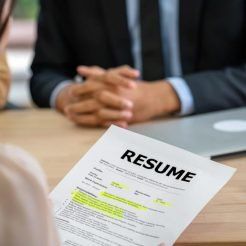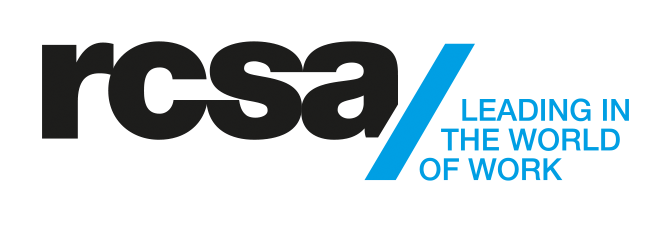No Substitute for the Human Workforce
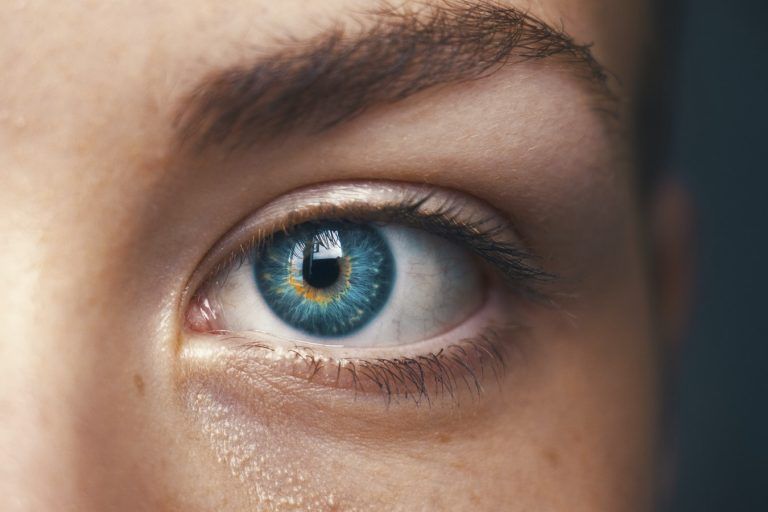
It is one of mankind’s greatest fear, to be taken over by robots. To be more specific, the fear of technology replacing the human workforce. This is nothing new as we’ve already seen thousands of our fellow workers put out of jobs because of technology in farming, customer service, delivery and more.
Innovation is not slowing down, we are at the cusp of yet another technological wave and this time, AI and robotics are at the frontlines. So, will we ever see the day when technology completely renders the human workforce obsolete?
Unemployment, Robots and COVID-19
Unemployment surged when the COVID-19 pandemic forced many countries to impose total lockdowns to slow down and manage the contagion. Business as we know it, shut down. We are talking about millions of people jobless since March this year up to now. Many organisations found themselves unprepared, while others were able to cope just fine. Some organisations saw the challenge as an opportunity to further integrate tech into their daily operations.
We are already seeing robots replace human workers in manufacturing, food service, sanitation, security and more. Robots don’t get sick, robots don’t take breaks nor day offs, making them perfect for repetitive tasks. According to ACS, at least 2.7 million jobs for Australians are at risk of automation over the next 15 years.
Artificial Intelligence is Getting Smarter
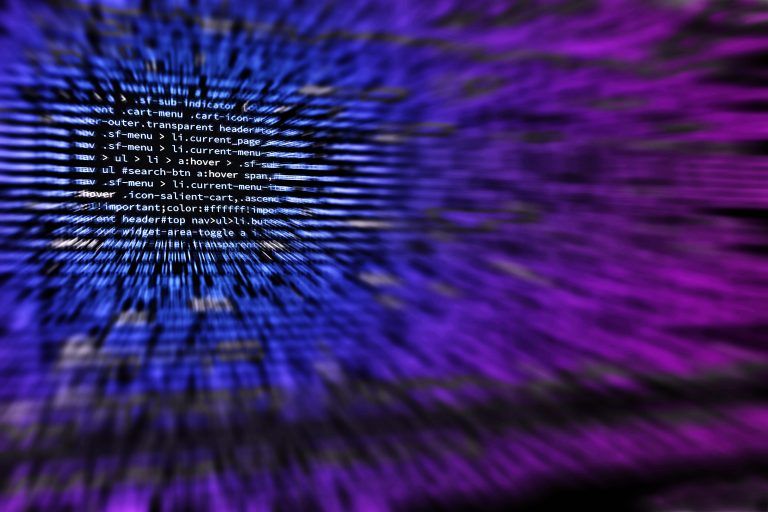
Just recently, The Guardian released an article titled “A robot wrote this entire article. Are you scared yet, human?” It was written by OpenAI’s new language generator GPT-3. “I know that my brain is not a ‘feeling brain’. But it is capable of making rational, logical decisions,” one of the most notable statements in the article. It’s not just with writing.
AI is enhancing medical imaging significantly. AI is helping talent acquisition teams source highly qualified candidates quicker and better. AI is also making anti-money laundering systems more robust. On top of that, Deep Learning is gaining high grounds in various industries. AI is slated to lead new technologies in the future to transform the way we work.
According to a 2018 report by McKinsey Global Institute, AI might add 16% or $13 trillion (USD) to the global economic output by 2030. The AI global market is experiencing tremendous growth this year mainly because of the pandemic with more organisations investing more in tech.
So, is the fear of being taken over by robots becoming more and more of a reality with each passing day? No!
No Substitute for the Human Touch
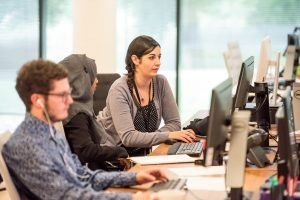
Robots and AI might be able to handle advanced jobs, but they can’t create new ones. This is a matter of being driven or being the driver. In regards to that article written by AI tech GPT-3, a few days after, The Guardian followed it up with a new post, with the title, “A human wrote this article. You shouldn’t be scare of GPT-3.”
The author of the article Albert Fox Cahn wrote “these machines do not have will, they do not have originality and they cannot claim authorship.” This is true, no matter how advanced or innovative AI or any technology is, they are not capable of making critical and most important of all, human-centric decisions.
Without human insights and inputs, AI and all other techs out there would cease to exist. Robots, nor AI, nor other future technologies will never replace the human workforce.
This is not human vs technology. It is humans, enabled by technology, building a better future of work. HR will play a pivotal role in establishing the future of work. The future of work is being built by humans. Humans are also in the process of creating new works, where individuals find more value and feel more valued.





